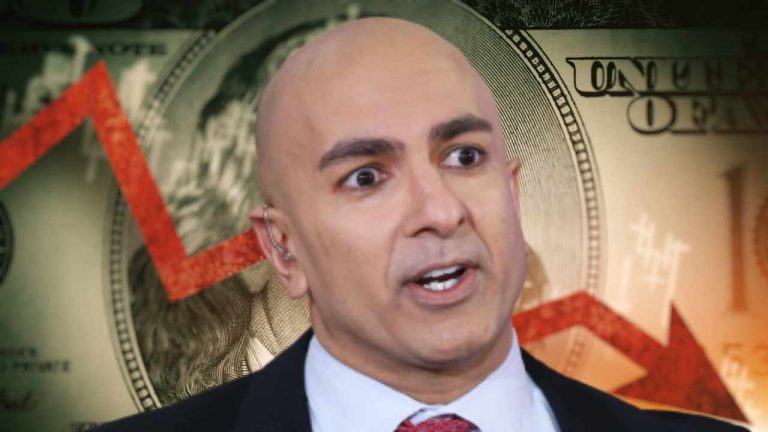FinanceFeeds -
Denise Fesdjian, an associate at Ulmer & Berne, has analyzed how the SEC defines digital assets as securities in a document titled “Comparing Apples to Orange [Groves]”.
Ms. Fesdjian, an attorney representing broker-dealers, investment advisors, and registered persons operating in the financial services industry, started by reminding the term “investment contract” has been liberally construed by courts to apply to a wide range of money-raising schemes that were found to be securities.
The landmark case of SEC v. W.J. Howey Co. – a hotel operator which sold interests in orange groves as an investment scheme – established the “Howey test” for an investment contract.
The Supreme Court held that the circumstances surrounding the sale of the orange grove interests constituted an investment contract and therefore a security.
Denise Fesdjian clarified the Court’s finding: “It’s important to point out the following distinction: the underlying asset (the orange grove) itself was not held to be a security, but rather it was the way in which the tracts of orange groves were sold that rendered them an investment contract.
“Naturally, you may be wondering, what exactly do orange groves have to do with digital assets? As it turns out, the SEC believes they have a lot more in common than you would think”, she continued, adding that U.S. laws and regulations have been stagnant and haven’t kept up with the crypto craze.
Meet FinanceFeeds at the IFX EXPO International in Cyprus
Without new legislation to rely on, the SEC has determined that a digital asset (such as a cryptocurrency) may be considered an investment contract and therefore a security under the Howey framework.
SEC commissioner Hester Pierce, who has recently denounced the lack of clarity within the crypto space, has also said in an interview that “when we think about a cryptoasset as being a security what we’re doing is we’re saying it’s being sold as part of an investment contract. It doesn’t mean that the asset itself necessarily has to be a security. It means that it was being sold as a security.”
The Ulmer & Berne associate also referred to SEC Chair Gary Gensler’s remark that cryptocurrencies are like the “Wild West” as he requested more Congressional rulemaking on digital asset regulation – his comment were a surprise given his former insistence that there was regulatory clarity in the space, prompting Ripple CEO Garlinghouse to compare him to an alcoholic in denial.
Mr. Gensler did, however, say there is no issue on how cryptocurrencies are currently treated under the securities laws, concluding that “certain rules related to crypto assets are well settled” and “the test to determine whether a crypto asset is a security is clear.”
In regard to the SEC v. Ripple lawsuit, aka the “cryptocurrency trial of the century,” Mr. Fesdjian clarified that in order to preserve the sanctity of the Howey test and its application to digital asset cases, the SEC did not allege that XRP (as in the digital token) was itself a security, but, rather, it was the circumstances surrounding XRP’s offering that made it one.
The SEC also added that XRP is not a currency. So what is XRP?, Ms. Fesdjian asked, as she disagreed with the agency’s answer that XRP is “software code”.
“The essence of a digital token cannot be diluted to have such a rudimentary meaning. Applying this type of logic to the Howey case would be the equivalent of reducing the orange grove’s meaning to an orange seed. The XRP digital token represents something beyond software code; it represents a virtual currency. So whether the SEC would care to admit it or not, the Howey orange grove analysis does not apply as neatly to the facts and circumstances surrounding XRP and its offering”.
“While new legislation such as the Securities Clarity Act is promising, as its name aptly suggests, more clarity in this area, in the meantime, the SEC will continue regulating the nascent cryptocurrency industry under 75-year old jurisprudence.
“It is my hope that we will soon see formal cryptocurrency regulations in place so that the SEC can start reviewing digital asset cases using an apples-to-apples analysis rather than settling on comparing them to orange groves”, she concluded.
In the meantime, Ripple has just gained a heavy weight backer as the SEC v. Ripple could determine the future of the digital asset space. Former U.S. Treasurer Rosie Rios has come forth in defense of Ripple’s XRP currency value and utility via a simple tweet.
A recent Ripple filing to the court suggests that the SEC tried to hide from Ripple a document concerning discussions with a mistery third party.
“The descriptions of three of these documents from the belatedly produced privilege log suggest they may be highly relevant to this case”, said counsel Matthew Solomon. If approved, the Judge will add these documents to her in-camera review and could find them relevant to the case, particularly for Ripple’s fair notice defense.
The post SEC v. Ripple: Attorney Fesdjian disagrees with SEC’s answer to “What is XRP?” appeared first on FinanceFeeds.



